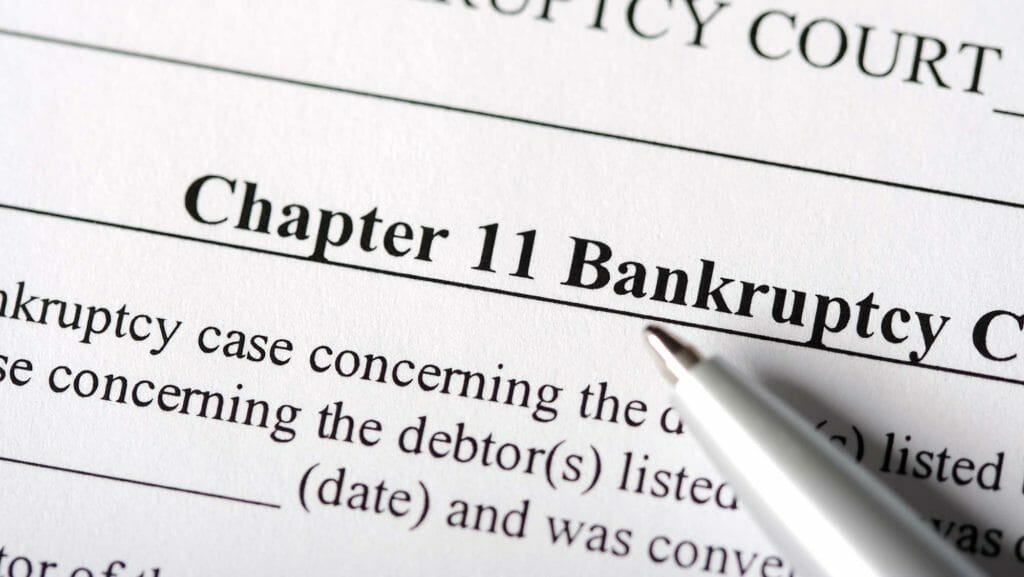When the American Rescue Plan Act was passed in 2021, home- and community-based services were estimated to receive $12 billion. Now, $37 billion is now being used for HCBS across the country in all 50 states, the White House announced Monday.
The majority of those funds are being used to help providers retain, recruit and train care workers as well as to provide bonuses and pay increases for such workers.
The provision for HCBS “has ended up being the most significant down payment on the efforts to our vision of quality home- and community-based care for all Americans,” White House American Rescue Coordinator Gene Sperling said Tuesday during a panel discussion.
Not everyone has the financial means to provide the best in HCBS for their loved ones, Health and Human Services Secretary Xavier Becerra noted.
“That’s what this American Rescue Plan initiative is all about. It is elevating those we care about most so they can spend their last years, or maybe it’s last decades, in comfort with those they love most at home or in a community-based setting,” he said.
Regarding direct care workers, Becerra said, “We want you to make more money than the folks that are flipping burgers in that hamburger joint down the street. But we know that we have to do better, and that’s why it’s so important that we do the work together.”
At the state level, for example, according to the White House, Colorado is using ARP funds to substantially raise base wages for as many as 60,000 HCBS workers. The state not only raised wages for those workers; it also has provided grants to boost training.
And Maine’s government provided bonuses to more than 24,000 direct care workers in every county in the state, at $3,429 per worker.
North Carolina used 80% of its ARP funds to give raises to direct caregivers and to establish a Direct Care Jobs Innovation Fund to support initiatives that improve recruitment and retention among the direct care workforce.
The Centers for Medicare & Medicaid Services also released new guidance outlining how states can use worker registries for Medicaid-funded HCBS “to ensure beneficiaries have awareness of and access to qualified workers to deliver these critical services,” Vice President Kamala Harris said in a related press release.
“The registry will help families locate that excellent caregiver without having to go through all the headaches and not know where to navigate,” Beccera said. “This registry will help so many people understand who is out there and qualify.”



